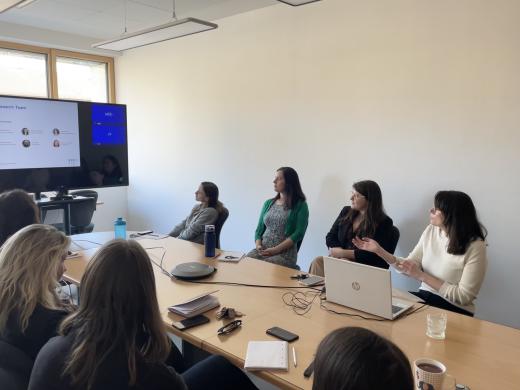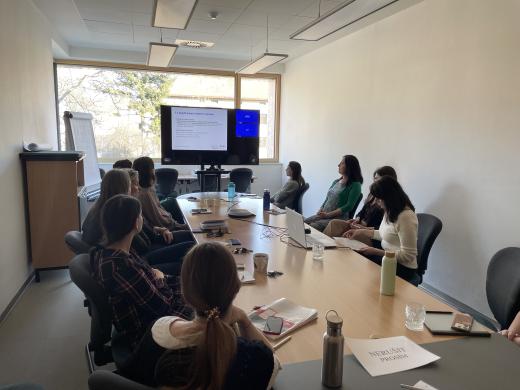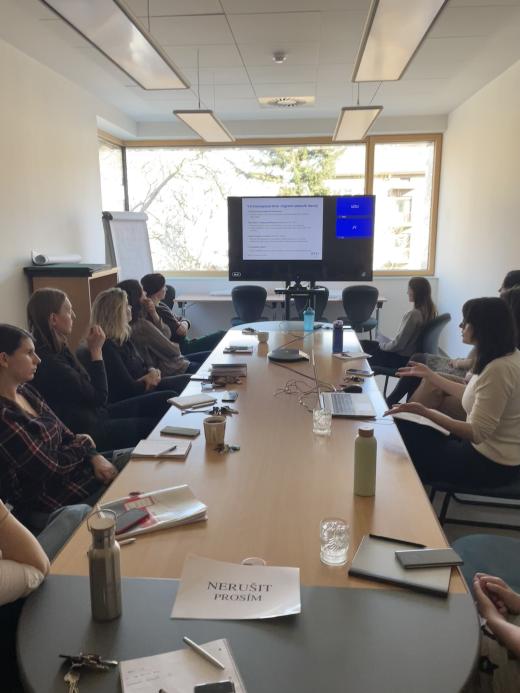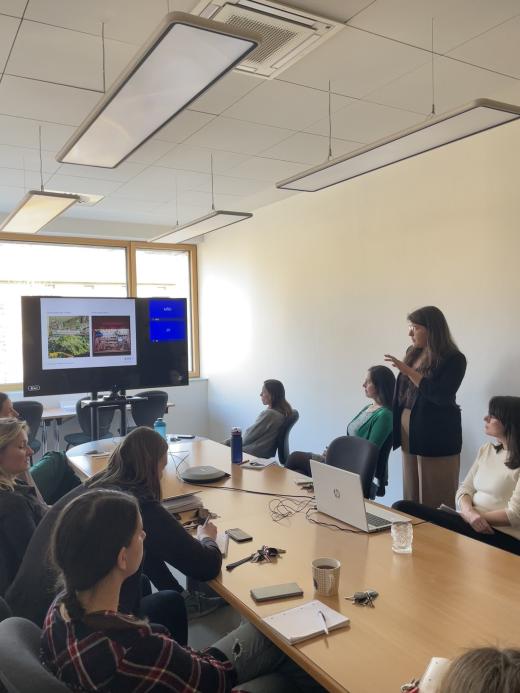News
Research findings shared with Czech Ombudsman’s Office
17 March 2025
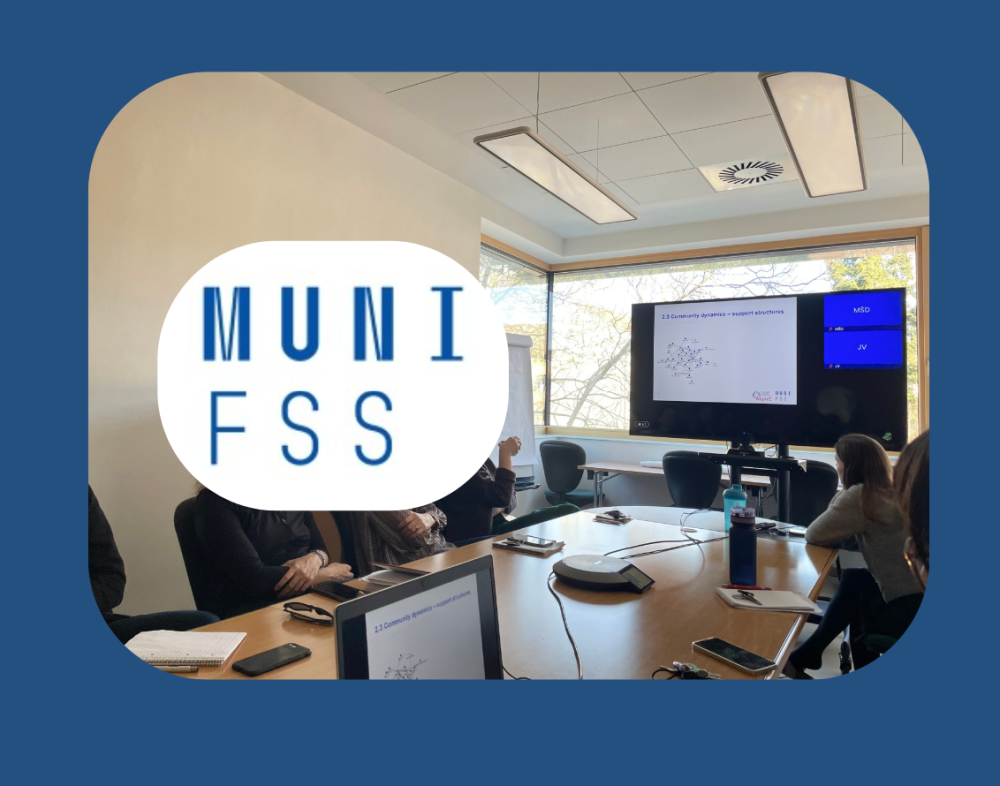
On 6 March 2025, Raffaella Pagogna and Lucie Novotná from the Czech team presented additional research findings from WP2 and WP3 based on interviews with migrants, analyses of their social networks, and interviews with experts. The presentation focused on the dynamics of Czech-Vietnamese migration, particularly examining how migration policies influence vulnerability among Vietnamese migrants. Key findings highlighted the central role of kinship networks in facilitating migration and settlement, the security-focused Czech migration regime, and how this securitization creates a self-reinforcing cycle where restrictive policies inadvertently strengthen migrants' dependence on informal community structures and brokers. The research revealed a divergence in perspectives: while government authorities view community networks primarily as security risks, NGOs see them as necessary adaptations to structural barriers created by restrictive policies.
The audience was members of the National Equality Body, an independent institution mandated to combat discrimination and promote equal treatment in line with national anti-discriminatory legislation and EU directives. These professionals primarily monitor and enforce anti-discrimination laws, provide legal assistance to victims of discrimination, conduct research, and advise policymakers on inclusive policies. Given their role, the discussion offered them insights into the intersection of migration policies, discrimination, and structural inequalities affecting the Vietnamese community.
The discussion concluded with a focus on the Vietnamese community in the Czech Republic, highlighting its unique characteristics, such as strong ties and reliance on social networks, and it centered on how these community structures simultaneously provide essential support for migrants while potentially increasing their vulnerability through dependence on intermediaries and brokers who sometimes operate in legal gray areas.
The opportunity to present findings to professionals working on migration from diverse perspectives provided meaningful insights. Their reflections enhanced the discussion and reinforced the importance of an equality-centered approach to migration policies.
